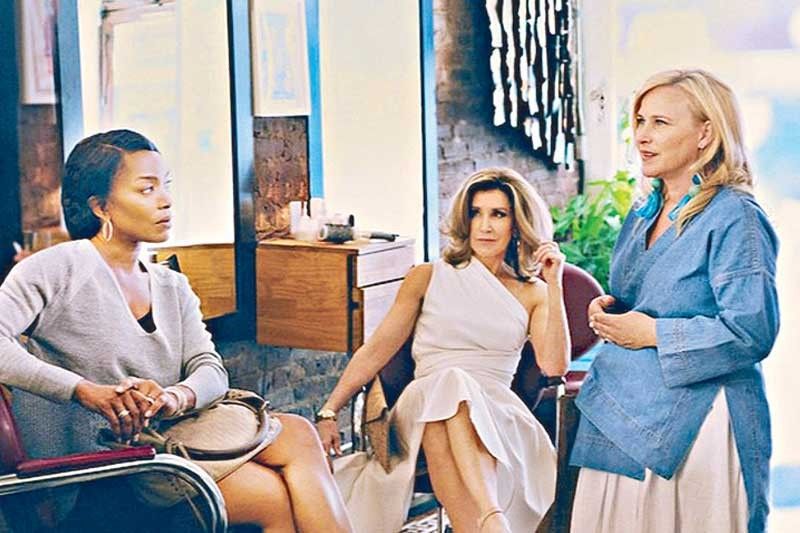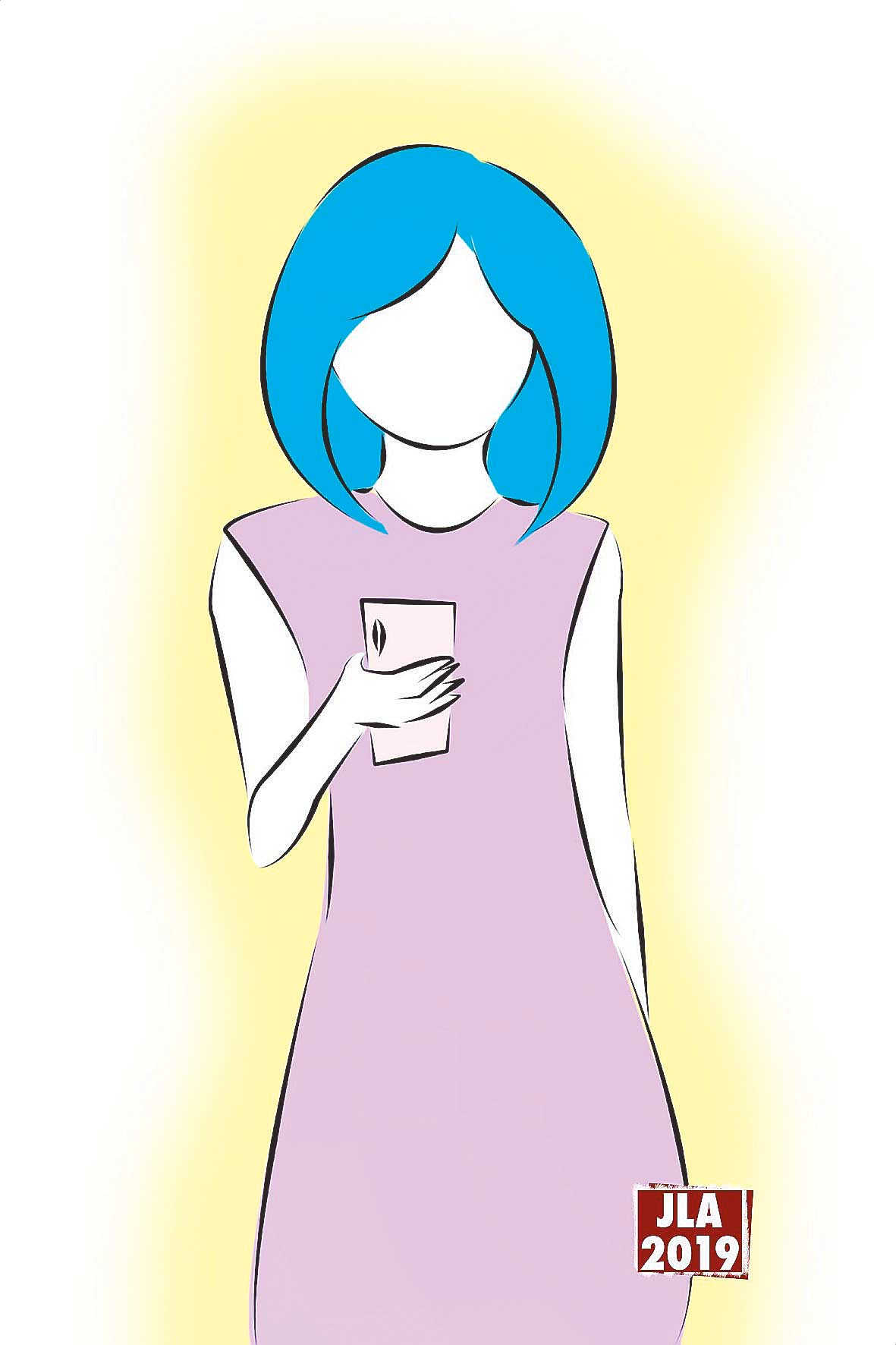The ‘Other’

The travails and triumphs of a working mom with young children still resonate with me even if I am 25 years past waking up at dawn to see my son off to school, struggling to button up his shirt and tie his shoelaces before the school bus arrives and beats the sunrise.
Those school bus days rambled through my mind when I sat through two seasons of Workin’ Moms on Netflix (is it a sign of the times that I’m finding hugot on Netflix other than in books?) — vicariously walking the tightrope working moms must negotiate to balance home and career, knowing that often, loving one’s career means loving one’s family, too.
Oh, those were the days.
These past few years, I have been an empty nester, like the moms portrayed in the “mom-com” Otherhood. Workin’ Moms resonates with memories, Otherhood reverberates with the here and the now.
Otherhood is “Motherhood” without the “M” — the story of three middle-aged moms coping with “NR” sons living away from home. It is based upon the novel Whatever Makes You Happy by William Sutcliffe, about three close friends suffering motherhood #sepanx, who show up unannounced at the New York City homes of their sons. Just because.
The moms — portrayed by real-life “desperate” housewife Felicity Huffman (Helen), Angela Bassett (Carol) and Patricia Arquette (Gillian) — get together on Mother’s Day to celebrate and realize their sons (who are in their late twenties or early thirties), who are the reasons they get to celebrate Mother’s Day, are virtually AWOL in their lives. The boys don’t reply to text messages regularly, and certainly don’t text their moms regularly. Ouch.

“At this stage, it doesn’t feel like motherhood; it feels like otherhood,” Arquette’s Gillian tells Carol (Bassett) and Helen (Huffman). So off they go to find some son-shine.
* * *
Of course, American mothers and their sons aren’t mirror images of Pinoy moms and their sons. But just like the mothers in Otherhood, I have an only child, a son, who has spent much of the last 10 years living on his own (as a university student and as a bank executive). He’s also more or less the age of the sons in Otherhood. He also doesn’t like texting me back, in case you were wondering. Once, I almost woke up my sister’s entire household because my son was just there, and when he wasn’t there anymore and not yet home, either, I almost went to the barangay to report a missing person. My husband stopped me.
As a seasoned empty-nester, I have learned that when you don’t get periodic text updates from your son, that means he’s OK. He’s managing, as you have brought him up to. Even without you.
As Gillian described it, “motherhood” is “that sinking feeling that, as your child is growing up, that you’re being broken up with, on a gradual but daily basis.”
Your sons didn’t snip the apron strings in one fell swoop — let’s just say the apron strings they once held on to for dear life got frayed over time. Like a person who learns to balance himself on a bike, a child who starts to live independently of his parents will like the wind of independence on his face.
As Imee Marcos, who has three grown-up sons of her own, once told me, “Once they’ve left home, they’re like the cork in a wine bottle. Once they’re out, the fit will never be the same.”
In contrast, mothers will be mothers, no matter how old their children are.
“‘Mother’ is not just a noun, it’s a verb. It requires action,” says Helen, the sosyal mom in the trio. You “mother” your child, and sometimes, “smother” him or her.
In one of my chat groups of moms with grown-up children, we share the anxieties of moms who still drop everything when their children are sick, are facing challenges in life and still need a mother’s advice and reassurance when they’re depressed. Most moms never feel the need to be emancipated from motherhood, and if they do seek “me” time, it’s periodic. Temporary. Moms don’t grow up from being moms, sorry.

Moms will always be around, even when the “M” in motherhood is slightly displaced. They will clean your flats, size up your girlfriends, and cook for you a week’s supply of lasagna for your baon. They’ll even take on an “apos”-tolate for you and babysit your children.
I won’t spoil your viewing enjoyment by telling you if the sons in Otherhood come around and start babying their moms, for a change. But let me just quote Carol, who tells her son, “You know who you are without me, I need to figure out who I am without you.”
Not all women become mothers, and non-mothers can and do have fulfilling roles in their lives. But “motherhood” brings much joy, can be a magnet for sorrow, is a call for strength, a lesson in letting go. It’s learning to sometimes live without the “M” in “Motherhood,” knowing that the “M” probably just walked a few paces to bond with the letter “E.”
After all, at the end of the day, that’s who you are.
* * *
(People now comes out on Tuesdays and Fridays. You may e-mail me at [email protected]. Follow me on Instagram @joanneraeramirez.)
- Latest

























